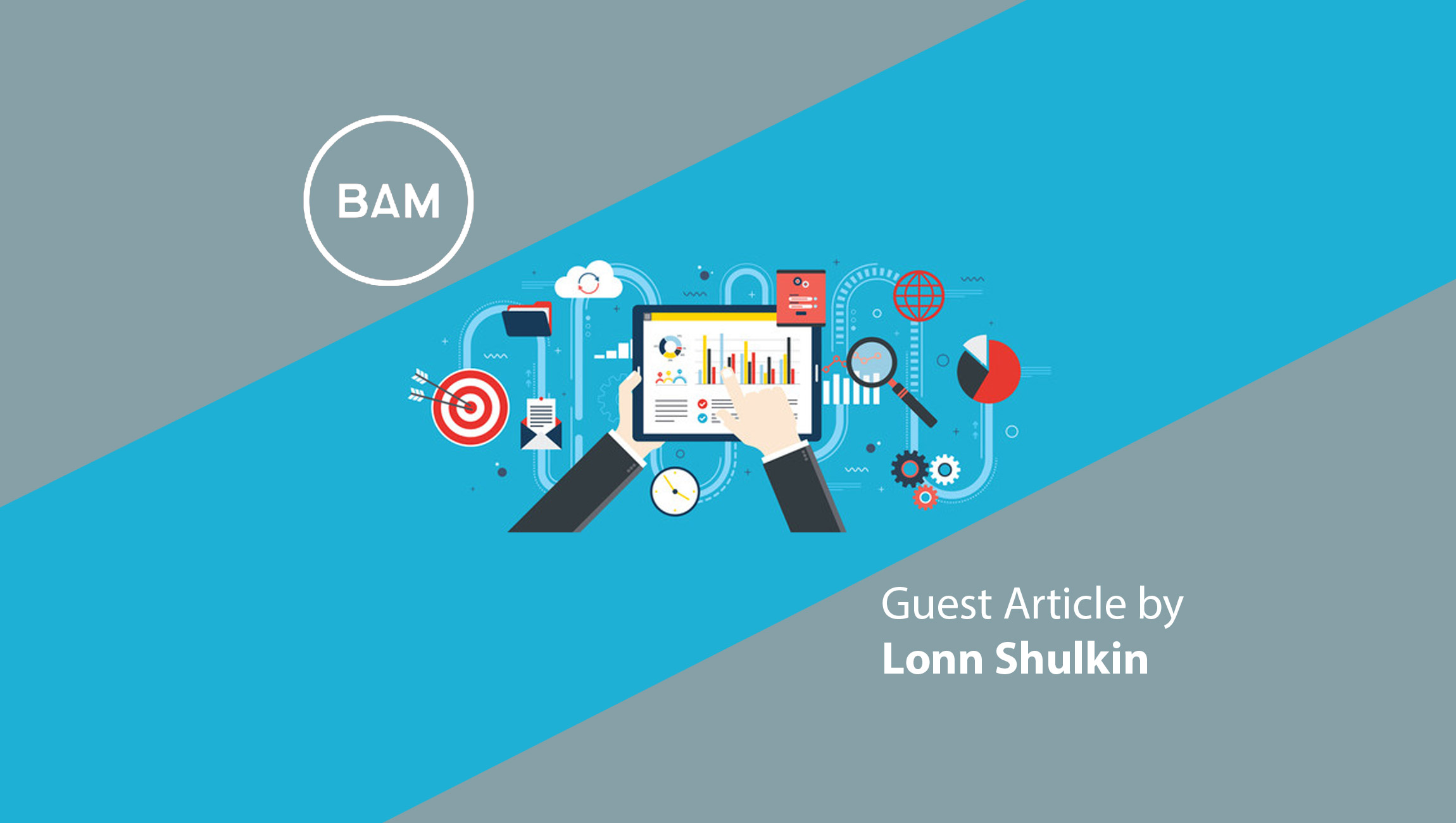Stop me if you’ve heard this one before — but in today’s hyper personalized marketing environment, technology is everything. We all know this. But what may surprise you are the actual numbers: over the last two years, the martech industry has grown an incredible twenty-four percent.
You don’t have to look any further than longtime leader Salesforce for proof. This martech giant went public in 2004, and since then, revenue has consistently climbed each year. Now they’re the world’s leading cloud-based software with a reported $26.49 billion in annual revenue, up 25% from just a year ago — or if you want to zoom out even further, a mind-boggling 221.3x increase since 2004.
Martech is big business.
According to 360i Research, the global personalization software market — which represents many of the relatively new tools marketers use to identify and reach bespoke audiences — will rise to $943.25 million in 2022 and $2.72 billion by 2027.
It’s a crystal clear indication that marketing professionals and business leaders continue to believe in the power of new technology to attract new customers, increase revenue from current customers and boost operational efficiency.
We’ve certainly felt it here at our own agency. BAM is proud to be a Google Premier Partner as well as a certified Salesforce partner, and empowering our team members to obtain individual certifications has become one of our biggest development priorities internally.
Marketing Technology News: Unprotected Entry into the Metaverse Brings Accrued Cyber Risks
The martech is the message.
We’ve come to rely on technology to support marketing coordination, operations, and so much more, but we should never forget about the most important end-user: consumers. Rather than sharing the messages WE think are important, we need to be leveraging tech to deliver more customer-centric offerings.
The data backs this up. 79% of consumers say a brand actually needs to prove they understand and care about them before they even consider purchasing. And that simply won’t happen with a shotgun communication strategy. Not in the age of curated Spotify playlists and diet-sensitive Uber Eats promos.
In today’s market, you need to care deeply about your audience — and you need the right martech tools to make those insights actionable.
So, where do you start?
Critical questions to ask before signing your next martech
1. Will the software provide more personalization?
This should be the baseline for any martech evaluation. According to the Next in Personalization 2021 Report, 72% of consumers expect the businesses they buy from to identify them as individuals and recognize their likes and dislikes. They associate personalization with positive experiences of being made to feel special. They want to be heard. And as we alluded to earlier, that only happens if your martech tools are providing genuine insights on a highly individual level.
2. Is customer data private and secure?
As marketers, we’re responsible for ensuring that customer data is secure. From something as simple as an email address to the holy grail that is credit card information, every piece of data that you collect and store from consumers is extremely sensitive. A data leak spells disaster for both consumers and your client. So before selecting any martech tool, spend plenty of time asking the critical questions about data protection.
3. Can I confidently testify to this technology?
As an agency, we’re ultimately putting these tools to work on behalf of our clients. So you better know (and be able to explain) how they’re providing real ROI. If you can’t draw a direct line between a piece of martech and your client’s objectives, it’s likely a poor fit.
4. Will it make us more efficient?
In theory, a great martech tool should help reduce the number of employee hours required to execute an otherwise complex marketing strategy. You can have the most sophisticated software in the marketing universe — but if your team can’t or doesn’t know how to use it effectively, you just wasted a valuable investment. Don’t assume every tool will be a turnkey operation. You must invest in your team’s training opportunities, listening to their feedback early and often.
Marketing Technology News: MarTech Interview with Debjani Deb, CEO at ZineOne
Here at BAM, we’ve witnessed time and again the kind of game-changing results that the right martech tools can help unlock — particularly in the world of CRM + consumer journey mapping. And the success of these programs always stems from our capability to create highly personalized experiences at scale.
We’re not exactly surprised. For over 25 years, our agency has been fueled by the concept of “Careiosity” — the act of being caring and curious at the same time. You need to think big and care deeply about what your consumer actually needs before they’ll even hear you out, and you better have the tools in your stack to deliver on these finely segmented strategies.
It’s impossible to predict what the most important martech tools will look like in twenty, ten, or even five years down the road. But we’re sure they’ll matter more than ever as the consumer landscape becomes increasingly digitized — and individualized. Because it’s no longer good enough to reach the right audience at the right time.
You also need to prove that you actually care.
Marketing Technology News: Navigating The Role Of Identity Solutions For Publishers In The Programmatic Ecosystem











